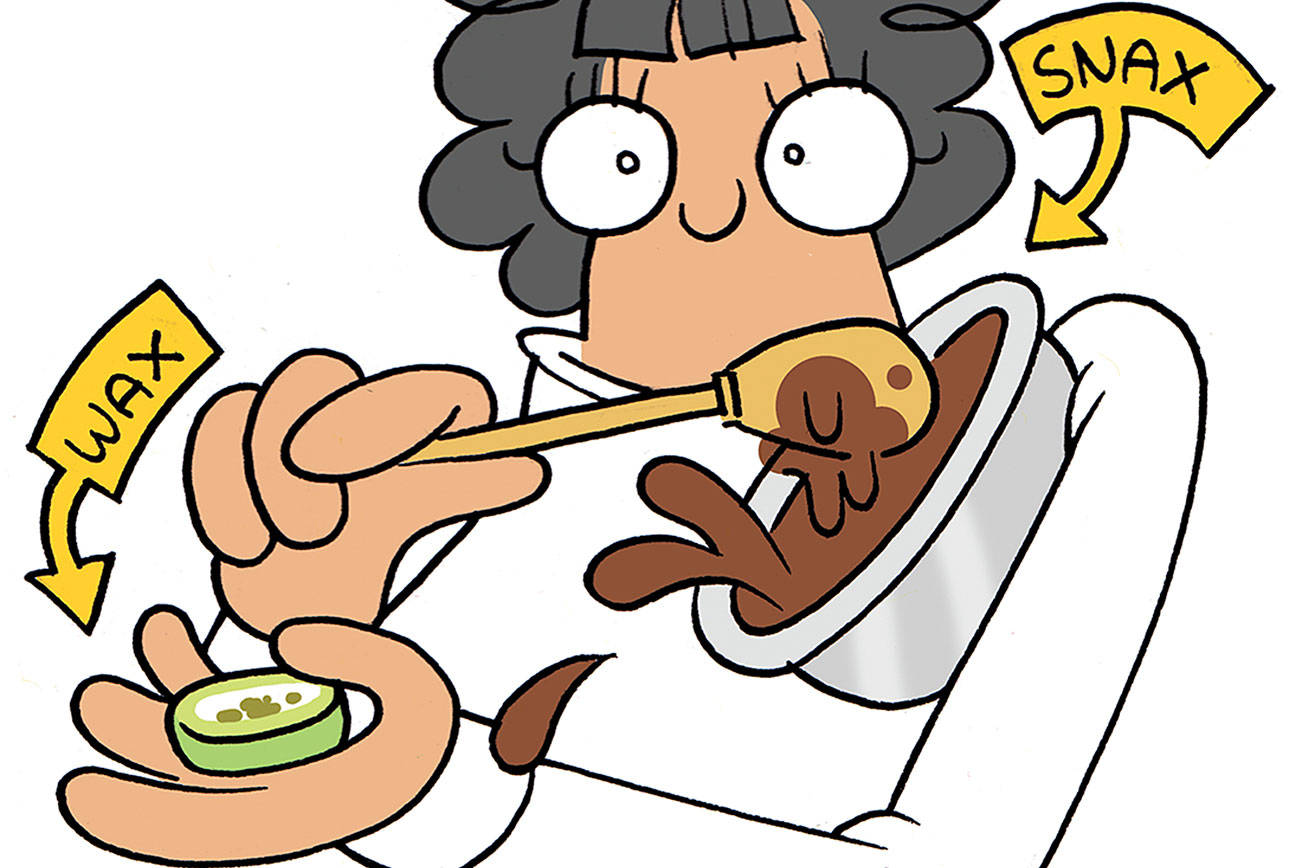• America is going through the worst opioid crisis ever. According to the Drug Policy Alliance, there were more than 500,000 opioid-related deaths between 2000 and 2015. In 2016 alone, over 64,000 people overdosed on opioid and heroin-related drugs. This was was the largest increase in the country’s history, surpassing the number of deaths caused by traffic accidents and homicides combined. Unfortunately, preliminary data suggests the rate jumped even higher in 2017.
Cannabis may save us.
Two new studies just released by JAMA Internal Medicine found that in states that have legalized medicinal marijuana, opioid patients on average filled 14 percent fewer prescriptions after cannabis had been legalized. And in states that went recreational, the prescription rates dropped even further. This backs up a study from 2014 that showed green states had 24 percent fewer opioid deaths between 1999 and 2010.
“There is a growing body of scientific literature suggesting that legal access to marijuana can reduce the use of opioids as well as opioid-related overdose deaths,” said Melissa Moore, New York deputy state director for the Drug Policy Alliance. “In states with medical marijuana laws, we have already seen decreased admissions for opioid-related treatment and dramatically reduced rates of opioid overdoses.”
• President 45 and the FDA want your opinions on the reclassification of cannabis. The FDA is currently taking comments about the topic from on federalregister.gov until April 23.
Currently, cannabis is listed as a Schedule 1 substance, a classification for the heaviest of heavy drugs, like heroin and crack. Not only does this make cannabis a hot-button issue in America, it also restricts countries around the world from legalizing cannabis if they are in a drug treaty with our country.
But the United Nations’ World Health Organization (WHO) just announced it’s launching a review of the international classification of cannabis, THC, cannabidiol, and other cannabis-related substances, and it wants feedback from its member nations. So Trump & Co. have opened their comments section to get feedback from “interested persons” about the “abuse potential, actual abuse, medical usefulness, trafficking, and impact of scheduling changes on availability for medical use of” cannabis in its various forms.
Last year, WHO took a close look at cannabidiol, recommending it for further study. The organization found that cannabidiol “has been demonstrated as an effective treatment of epilepsy in several clinical trials” and “is generally well tolerated with a good safety profile.”
However, last month the UN’s drug enforcement body issued a statement warning international leaders to keep cannabis illegal.
• Cannabis could be the linchpin of the 2018 midterm elections. Pro-weed candidates will be showing up on ballots in Indiana, Michigan, Illinois, Maryland, and Florida (including multiple gubernatorial races). Anti-weed candidates are also showing up in Illinois and Maryland, as well as Arizona, California, Florida, Georgia, New York, and Texas. What’s more, Tennessee, Virginia, and Kentucky may all pass medicinal cannabis laws this year (albeit with some odd restrictions—each state plans not to allow smoking, instead forcing patients to buy premade oils).
Looking back to the 2012 election—when Washington state legalized recreational cannabis—polls saw an 81.25 percent turnout among registered voters, the highest in the nation at that time. Currently, over 60 percent of Americans approve legalizing medicinal cannabis. This year’s push to advance the green agenda might prove to be a power play for Democrats hoping to wrest some power away from Republicans, and this could result in millions of patients having safe access to the plant.
stashbox@seattleweekly.com







